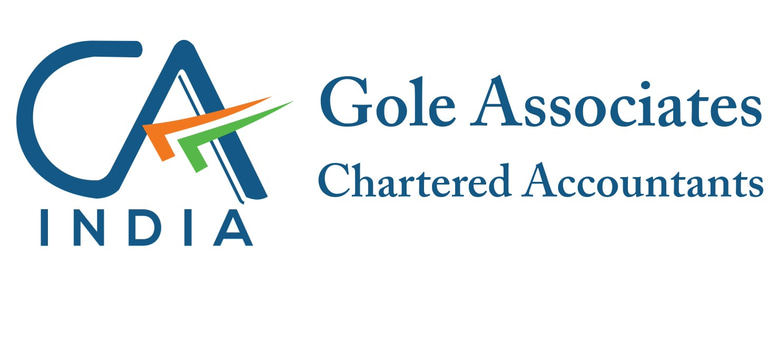Audit Committee Approval Limits 2025: ₹1 Crore Omnibus Rules & Independent Director Requirements Explained
Comprehensive guide to audit committee approval limits including ₹1 crore omnibus thresholds, 25% turnover caps, independent director composition requirements, and when approvals can be bypassed. Essential reading for corporate governance compliance in 2025.


Core Audit Committee Functions
Audit committees serve as critical governance watchdogs, overseeing financial reporting accuracy, internal controls, and regulatory compliance. These specialized board subcommittees ensure transparency in financial statements while monitoring both external and internal audit processes.
Primary responsibilities include:
Financial oversight: Reviewing quarterly and annual financial statements for accuracy
Auditor management: Appointing and evaluating external auditors while ensuring independence
Risk monitoring: Assessing internal controls and risk management effectiveness
Compliance assurance: Ensuring adherence to legal and regulatory requirements
Transaction scrutiny: Approving related party transactions and significant corporate dealings
Approval Limits and Authority
Standard Approval Requirements
All related party transactions require prior approval from the audit committee. This includes inter-company loans, asset purchases, and service agreements between the company and related entities.
Omnibus Approval Limits
The audit committee may grant omnibus (blanket) approvals for repetitive transactions, subject to specific monetary thresholds.
1. Approval Type: Unforeseen transactions
Maximum Limit: ₹1 crore per transaction
Conditions: When transaction details cannot be predetermined
2. Approval Type: Annual aggregate
Maximum Limit: 25% of gross turnover
Conditions: Total omnibus approvals in any financial year
3. Approval Type: Validity period
Maximum Limit: 1 financial year maximum
Conditions: Requires fresh approval annually
Note: The committee must specify criteria including maximum aggregate annual value, per-transaction limits, disclosure requirements, and periodic review intervals.
When Approvals Can Be Bypassed
Emergency transactions: Low-value deals (typically under ₹1 crore) may proceed without prior approval but must be ratified within three months
Wholly-owned subsidiaries: Certain inter-company transactions may be exempt
Delegated authority: Committee may delegate routine approvals to designated members, but all decisions must be reported at the next meeting
Important: Unauthorized transactions not ratified within the prescribed timeframe become voidable, and responsible directors face personal liability for any losses.
Committee Composition Requirements
Membership Structure
Minimum size: Three directors
Independence requirement: Majority must be independent non-executive directors
Chairperson: Must be an independent director
Financial literacy: All members must be financially literate, with at least one having accounting or financial management expertise
Meeting Requirements
Frequency: Minimum four meetings annually
Attendance: External auditors, internal auditors, and finance heads attend but cannot vote
Gap limits: Maximum 120 days between consecutive meetings
Impact of Independent Directors
Independent directors fundamentally shape corporate governance through their audit committee participation:
Objectivity and oversight: They provide impartial perspectives free from management conflicts, ensuring decisions prioritize all stakeholders rather than just executive interests.
Enhanced credibility: Their involvement significantly boosts investor confidence in financial reporting accuracy and corporate transparency.
Regulatory compliance: Independent directors often lead compliance initiatives, helping companies navigate complex regulatory landscapes while maintaining ethical standards.
Risk management: Through their oversight role, they help identify and mitigate operational, financial, and reputational risks before they escalate.
Strategic guidance: Their diverse expertise and external perspectives contribute to more informed decision-making on critical business matters.
Recent Regulatory Changes
Since January 2022, only independent directors on audit committees can approve related party transactions, strengthening governance controls but raising questions about collective board responsibility.
Key Takeaways
Audit committees operate with clearly defined approval limits designed to balance operational efficiency with governance oversight. The ₹1 crore per-transaction limit for unforeseen omnibus approvals, combined with the 25% annual turnover cap, provides flexibility while maintaining control. Independent directors remain central to effective committee functioning, bringing essential objectivity and expertise that enhances corporate governance standards.
Understanding these limits and composition requirements helps companies structure robust governance frameworks that protect stakeholder interests while enabling business operations to proceed smoothly within established parameters.
